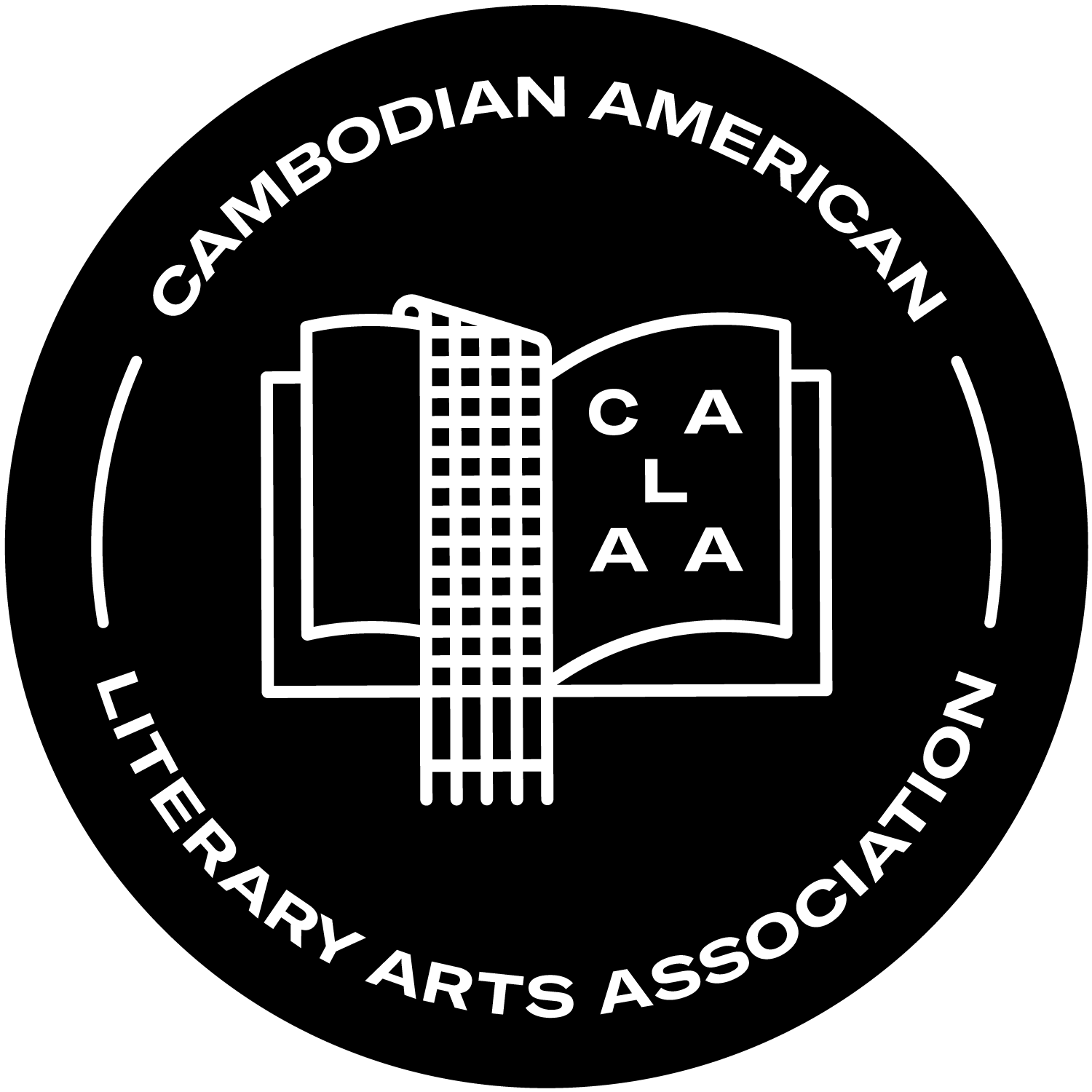(Dis)place
Randy Kim
My birthplace is in the US, but my roots are deep in the earthly soil created by my Vietnamese and Khmer ancestors. Years ago, when I was working in Korea, I spent my off days eagerly traveling to places that would fill up the pages in my passport. I made my first trek to the family land in Vietnam, where both of my parents were born, although my dad had to move to Cambodia to live with relatives after his mom died an early death.
I remember nearly 10 years ago visiting my parents’ homeland, and how it reminded me of my lifelong battle with diaspora, and battling with the identity crisis of not feeling like I belong in any of the 3 identities that I carried within me. But visiting part of my family homeland gave me the opportunity to understand my history BEFORE ME, and that understanding would give me the chance to begin my own liberation.
But liberation means confronting the places that helped shape the scars and bruises of my own past.
There was the opportunity to visit Cambodia, a land that my father saw as his home, but one that nearly killed him, and killed 2 million others during the time of the Khmer Rouge. One day, I asked him if there was anyone still there that I can one day see. He briefly looked at me, turned away and said, “No one. There is no one left.”
This is a place that forced him to escape to the border of Thailand with his body denied of nourishment, a skin so burnt and scarred from the palm of the Sun, and his vision being the witness to the human casualty and suffering that would find its home into the cells and nerves of his brain that would never allow him to forget, 40 some years later
In the land of Apsaras, centuries-old temples, dried fish, tuk-tuks, French style buildings from colonial times, and rice fields stood the ghosts of 2 million absent, the ghosts that haunt those who survived, and ghosts that would haunt those who were born after.
I never visited the place where the source of my father’s trauma is in the imprints that he left on the soil and gravel with his rubber soles stained with blood which barely protected his already dried up feet.
I never visited the place where I know I would never be able to feel the welcoming arms of family members who have disappeared since the Khmer Rouge. I do not know what they even looked like, what their names are, where their remains lie, what their stories are, and what their future could have been. I would never be able to find their remains so I could grieve and share my love with them.
I never visited the place where my dad never understood why his own country would try to murder him, and take the lives of those he love. I never visited the place where my dad, having served in the US embassy, would be left behind by his American colleagues as the final helicopter departed, leaving him behind and millions of others to an impending holocaust.
I never visited the place that would lead my dad to carry years of unresolved anger and living nightmares. When he did unpack those feelings, it would result in violence towards me, my brothers, and my mom.
I was asked by many folks, “Why didn’t you ever go to Cambodia?”
For a long time, I blamed Cambodia for the abuse I suffered from my dad. I blamed Cambodia for destroying him spiritually. I blamed Cambodia for ending the lives of my relatives before I got to know who they are. I blamed Cambodia for creating a culture of trauma among survivors. For years, I never took an interest in learning the language nor did I cared to attend ceremonies or learn traditional customs because how could I visit a place that allowed my dad and so many others to suffer, and leave their homeland.
As my dad and I grew apart over the past few years, I felt the aching void of not being able to understand MY roots and the cause of my dad’s pain. With that void, I would never be able to work towards my own healing. As I became connected to fellow Cambodians more recently, I began to see how understanding the complexities of my history that came before I was born can give me the opportunity to forgive myself for the anger that I carried for those years.
And as part of my own forgiveness, I am ready to visit this place.
